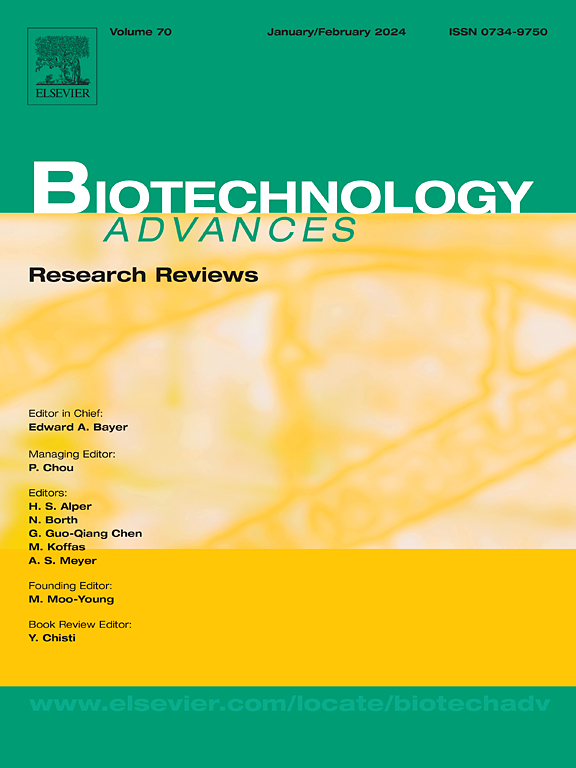生物治疗药物的宿主细胞蛋白介导的佐剂性和免疫原性风险。
IF 12.1
1区 工程技术
Q1 BIOTECHNOLOGY & APPLIED MICROBIOLOGY
引用次数: 0
摘要
宿主细胞蛋白(HCPs)是生物治疗生产过程中与工艺相关的杂质,可能影响产品质量和/或患者安全。在少数情况下,不良事件归因于所给生物治疗药物中存在的hcp。与hcp相关的免疫风险包括佐剂性和免疫原性以及潜在的交叉反应性。根据已发表的数据,一些HCPs可以作为佐剂,作为旁观者效应增加生物治疗的免疫原性。hcp也可能诱导对自身的免疫原性,导致抗hcp T细胞反应和抗hcp抗体的形成。根据序列相似性,这些抗hcp免疫反应理论上可能与生物治疗或人类内源性蛋白交叉反应。在这篇综述中,我们检查了非临床和临床研究报告的hcp相关免疫相关风险。我们还讨论了体外和计算机方法评估HCPs的佐剂性和免疫原性潜力的潜力和局限性。基于风险的HCP安全性影响评估可能包括HCP的特性、与生物治疗蛋白和人蛋白的相似性,以及产品、治疗和患者相关因素。本文章由计算机程序翻译,如有差异,请以英文原文为准。
Host cell protein-mediated adjuvanticity and immunogenicity risks of biotherapeutics
Host cell proteins (HCPs) are process-related impurities of biotherapeutic production that might affect product quality and/or patient safety. In a few cases, adverse events were attributed to HCPs present in the administered biotherapeutic. HCP-associated immune risks include adjuvanticity and immunogenicity with potential cross-reactivity. Based on the published data, some HCPs can act as adjuvants increasing the immunogenicity of the biotherapeutic as a bystander effect. HCPs may also induce immunogenicity against themselves, resulting in anti-HCP T cell responses and anti-HCP antibody formation. Depending on sequence similarities, these anti-HCP immune responses might theoretically be cross-reactive to the biotherapeutic or human endogenous proteins. In this review, we examine HCP-associated immune-related risks reported from non-clinical and clinical studies. We also discuss the potential and limitations of in vitro and in silico methods to evaluate the adjuvanticity and immunogenicity potential of HCPs. A risk-based assessment of the safety impact of HCPs may include the identity of the HCP and similarity to the biotherapeutic and human proteins, as well as product, treatment-, and patient-related factors.
求助全文
通过发布文献求助,成功后即可免费获取论文全文。
去求助
来源期刊

Biotechnology advances
工程技术-生物工程与应用微生物
CiteScore
25.50
自引率
2.50%
发文量
167
审稿时长
37 days
期刊介绍:
Biotechnology Advances is a comprehensive review journal that covers all aspects of the multidisciplinary field of biotechnology. The journal focuses on biotechnology principles and their applications in various industries, agriculture, medicine, environmental concerns, and regulatory issues. It publishes authoritative articles that highlight current developments and future trends in the field of biotechnology. The journal invites submissions of manuscripts that are relevant and appropriate. It targets a wide audience, including scientists, engineers, students, instructors, researchers, practitioners, managers, governments, and other stakeholders in the field. Additionally, special issues are published based on selected presentations from recent relevant conferences in collaboration with the organizations hosting those conferences.
 求助内容:
求助内容: 应助结果提醒方式:
应助结果提醒方式:


